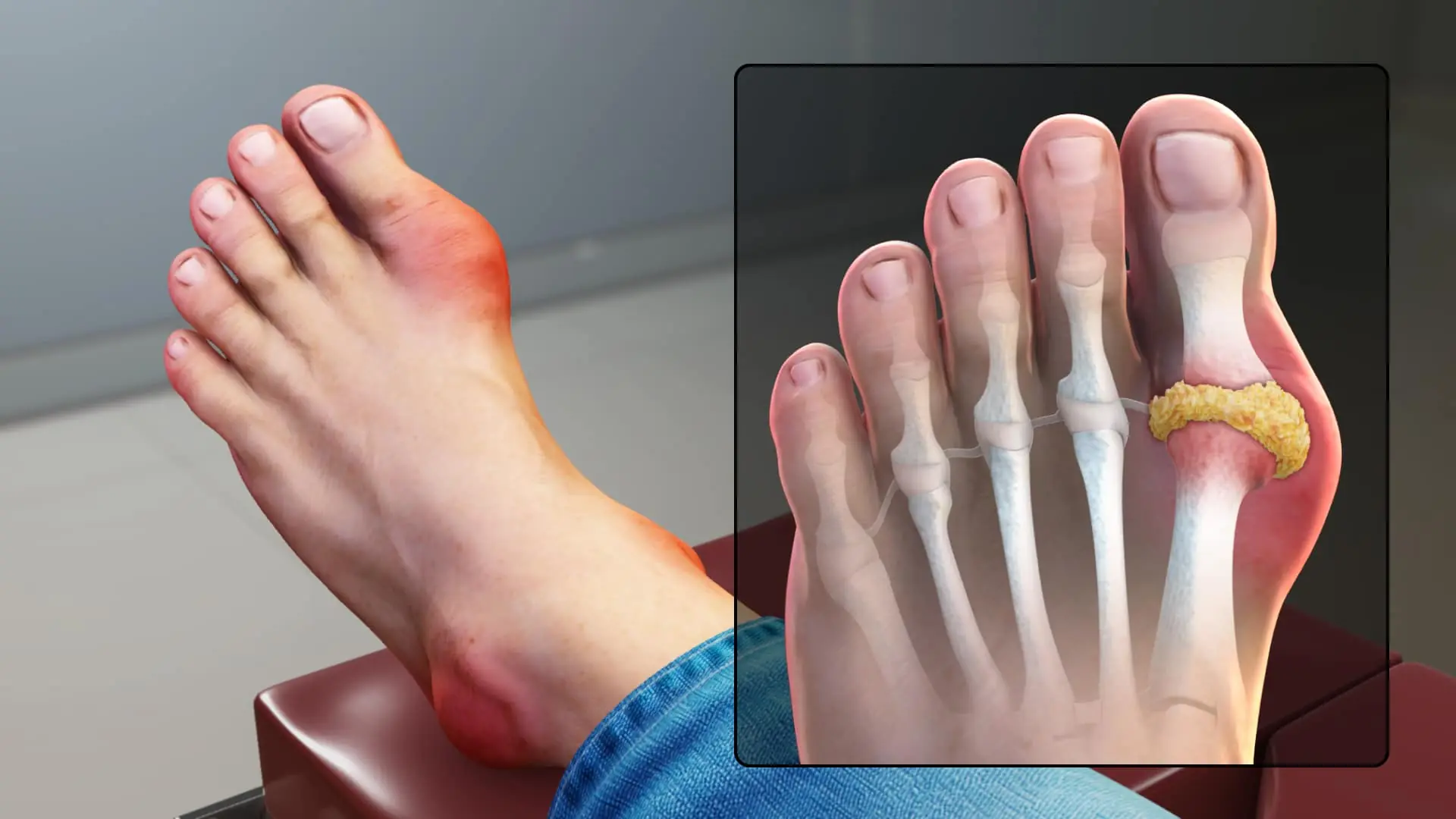
common morning habits that may increase your risk of stroke
How Morning Habits Can Affect Your Risk of Stroke
It is well known that our health and overall well-being are closely tied to the lifestyle choices we make each day. The habits and routines we form over the years can significantly influence our quality of life, either enhancing it or putting it at greater risk.
According to medical experts, there are several common morning habits—often overlooked—that may quietly increase the risk of stroke. Understanding these habits and making small changes to your morning routine could help protect your long-term health.
What is a Stroke?
A stroke occurs when the blood supply to a part of the brain is interrupted or reduced, preventing brain tissue from getting the oxygen and nutrients it needs. As described by the NHS (National Health Service), this medical emergency can affect critical functions like speech, movement, and memory. The consequences can be life-altering, and in many cases, recovery requires extensive rehabilitation. Because a stroke can become life-threatening within minutes, it is crucial to seek immediate medical attention if symptoms occur.
1. Avoid Jumping Out of Bed Too Quickly
One of the most important things to avoid in the morning is getting out of bed too suddenly. While it might seem harmless, this abrupt action can cause a sudden increase in blood pressure, putting additional stress on the heart and blood vessels. This spike in pressure may be especially dangerous for those who already have cardiovascular issues.
Dr. Nguyen Xuan Quang from the Military Medical Academy explains that during sleep, the parasympathetic nervous system is more active, which naturally slows the heart rate and lowers blood pressure. Waking up and immediately leaping out of bed disrupts this balance and can lead to dizziness, lightheadedness, or even fainting in extreme cases.
Instead, it's better to take a moment to sit up slowly, stretch gently, and allow your body to adjust to being awake. Spending just one or two minutes in bed before standing up can help your cardiovascular system stabilize and reduce the risk of complications.
2. Rethink That First Cup of Coffee
Many people reach for a cup of coffee first thing in the morning—it’s practically a ritual. However, health experts caution against making coffee your very first drink of the day. The caffeine in coffee can temporarily increase blood pressure, which is particularly concerning for individuals with hypertension or those at high risk for stroke.
To support better circulation and rehydrate after a long night's sleep, it’s advisable to drink a glass of water upon waking. This simple step helps activate the metabolism and gives your body a gentle start before introducing stimulants like caffeine. If you still want your morning coffee, try waiting 30 to 60 minutes after waking to allow your body to gradually transition into its daytime rhythm.
3. Don’t Skip Breakfast
Skipping breakfast has become common in many fast-paced lifestyles, especially among those who are trying to lose weight or are simply too busy. However, this habit can negatively impact your blood sugar levels and increase the risk of stroke over time.
When you skip breakfast, your blood sugar can drop, causing fatigue, irritability, and increased stress on the body. This can lead to unhealthy spikes in blood pressure and cholesterol when you eventually do eat, especially if you opt for high-sugar or high-fat foods later in the day.
Eating a balanced breakfast that includes whole grains, fruits, and a source of protein can help stabilize your metabolism and keep your cardiovascular system functioning optimally.
4. Reconsider Taking Hot Showers First Thing
A hot shower might feel relaxing in the morning, but stepping into one immediately after waking can potentially lower your blood pressure too much. The heat from the water causes your blood vessels to dilate, which can result in a drop in blood pressure and even lead to dizziness or fainting—particularly in individuals who are already vulnerable to circulatory changes.
Experts suggest waiting a bit after waking before taking a hot shower, or opting for a lukewarm temperature to ease your body into the day without causing sudden vascular shifts.
In Summary
Your morning routine sets the tone for the rest of the day, and small choices can have a big impact on your health—especially when it comes to reducing the risk of stroke. By being mindful of how you get out of bed, what you drink first, whether you eat breakfast, and how you shower, you can start your day in a way that supports your body and protects your brain. Prevention often begins with awareness, and being intentional about your habits can make a lasting difference in your overall well-being.
News in the same category

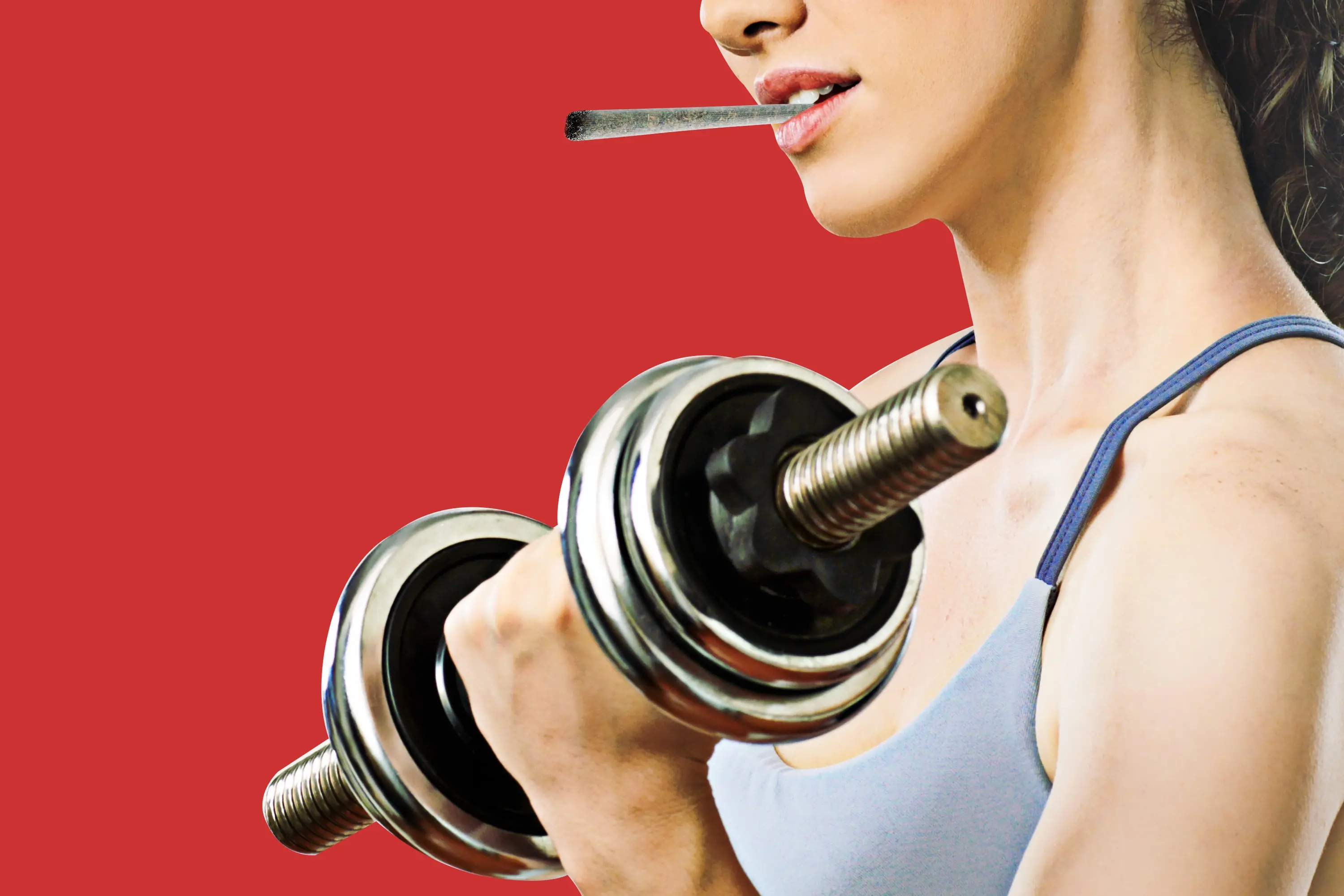
This Is What Happens To Your Body When You Smoke Weed And Work Out

The Hidden Meaning Behind Wearing an Ankle Bracelet—Most People Have No Idea

Scientists Have Discovered An Alarming Rise in Advanced Prostate Cancer in California

How to Safely Remove Milia
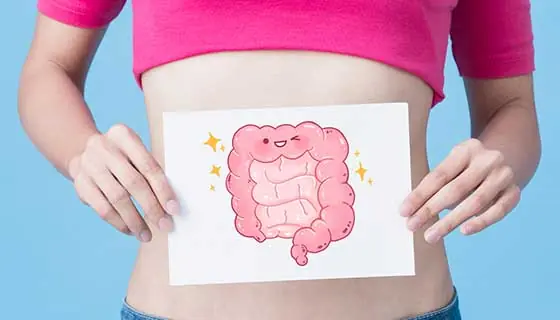
Natural Methods to Destroy Bloating and Heartburn-Causing Bacteria in Your Gut

Doctor warns of the worrying symptoms that mean common disorder could actually be bowel cancer

15 Early Signs Your Body is Fighting Cancer

New COVID Wave Surges — Health Officials Sound Alarm As Cases Double
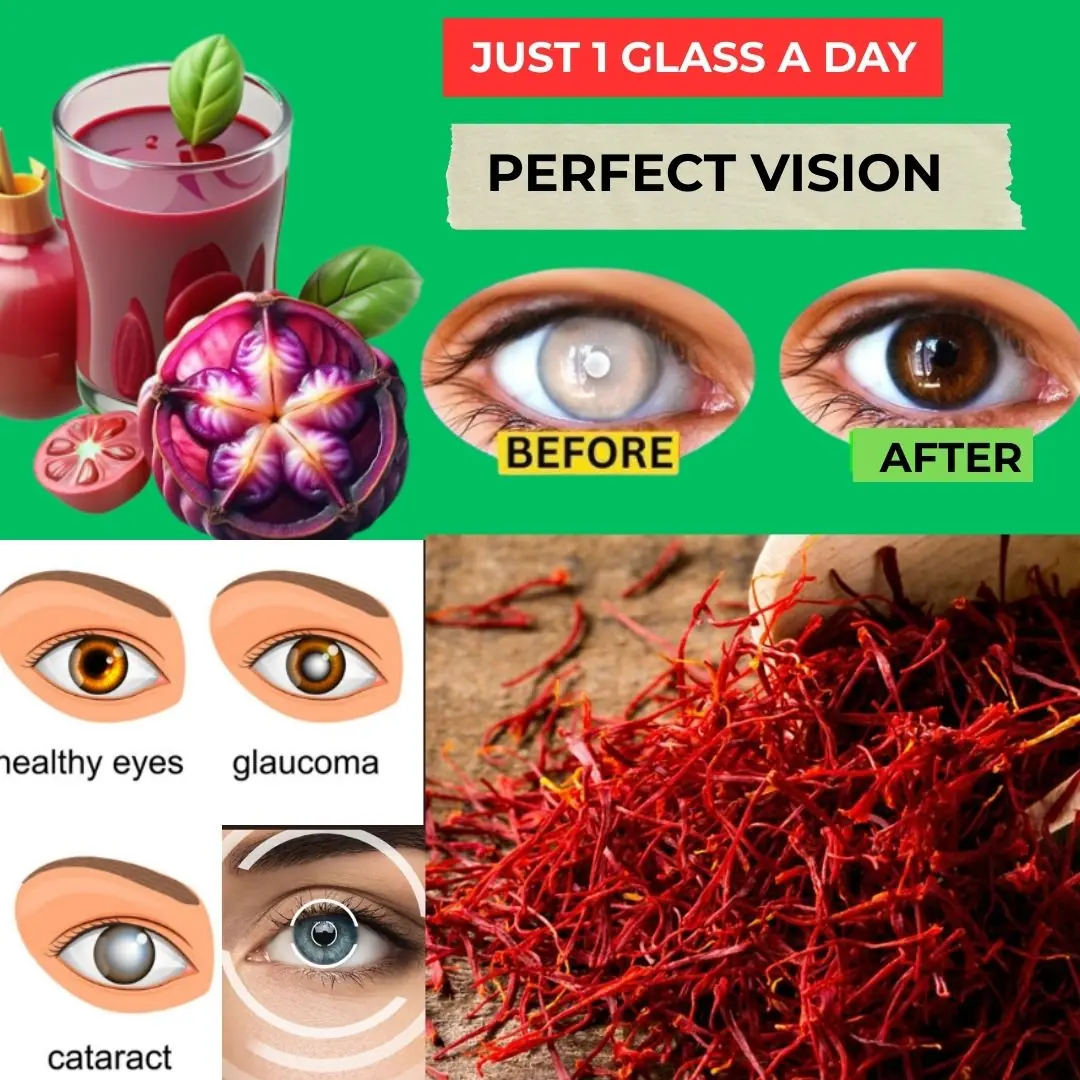
How to Improve Your Vision Naturally with One Simple Ingredient: Saffron

How to STOP Cravings FAST Without Dieting! (The Natural Ozempic?)

Doctors make disturbing discovery in the brains of heavy alcohol drinkers that 'can cause long-term effects'

World-first sperm race is happening soon and the creators have revealed how it will work
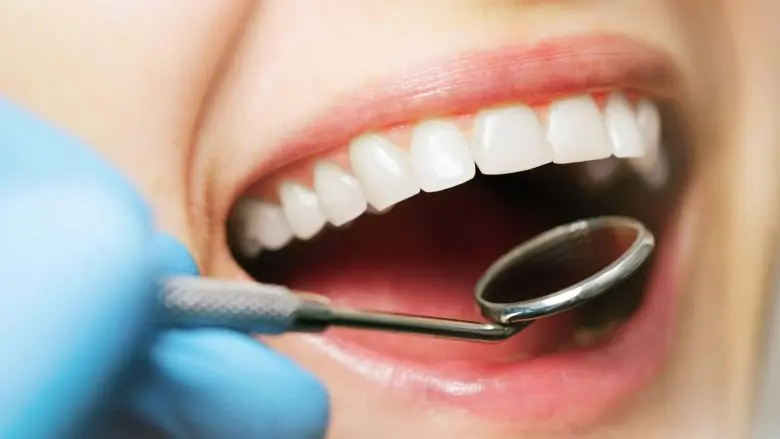
Scientists Grow First Fully Formed Tooth In Lab — A Groundbreaking Breakthrough
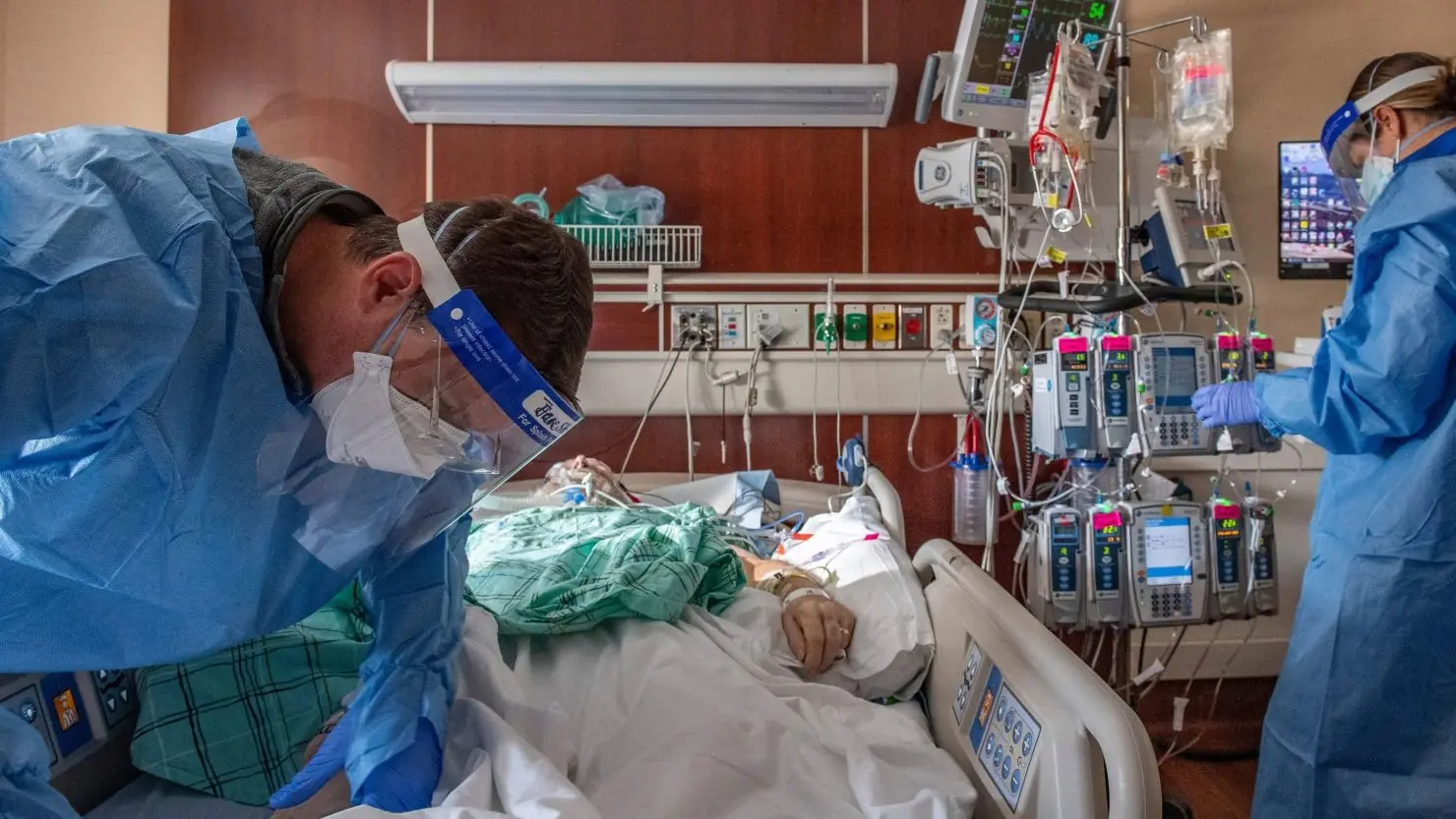
New COVID Wave Surges — Health Officials Sound Alarm As Cases Double

10 Things That Men May Find Unattractive About Women Over 50

8 Signs You Might Be Affected by Lactose Intolerance
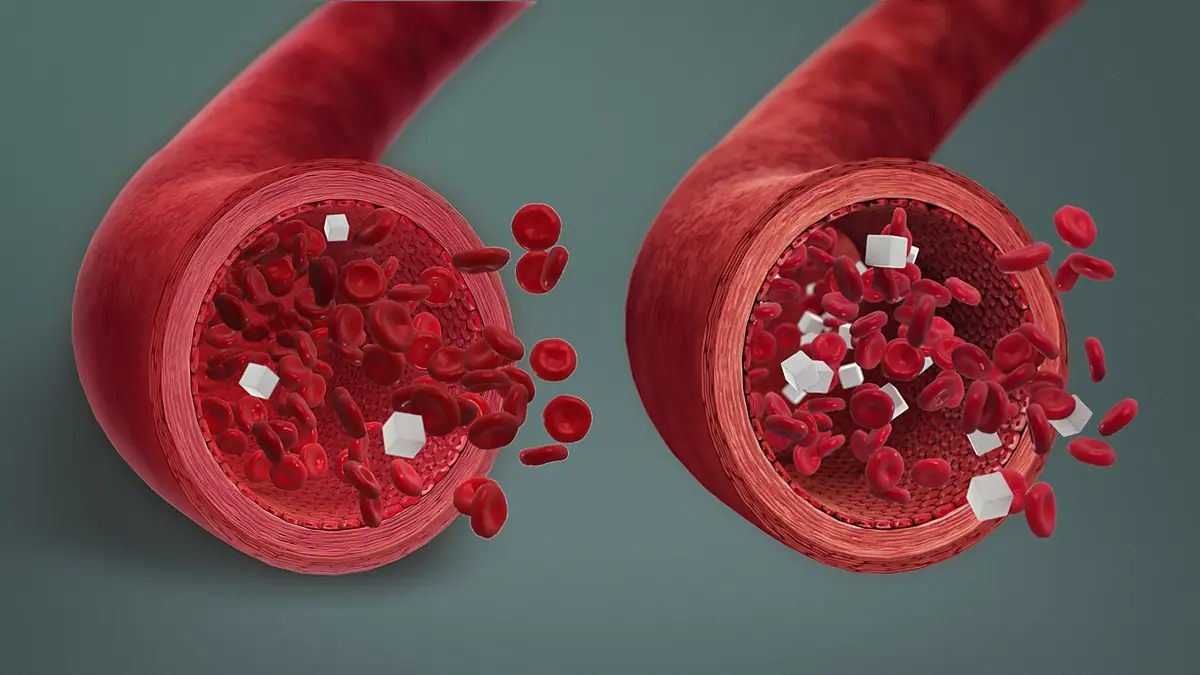
Understanding Diabetes: Types, Symptoms, Risks, and How to Manage It
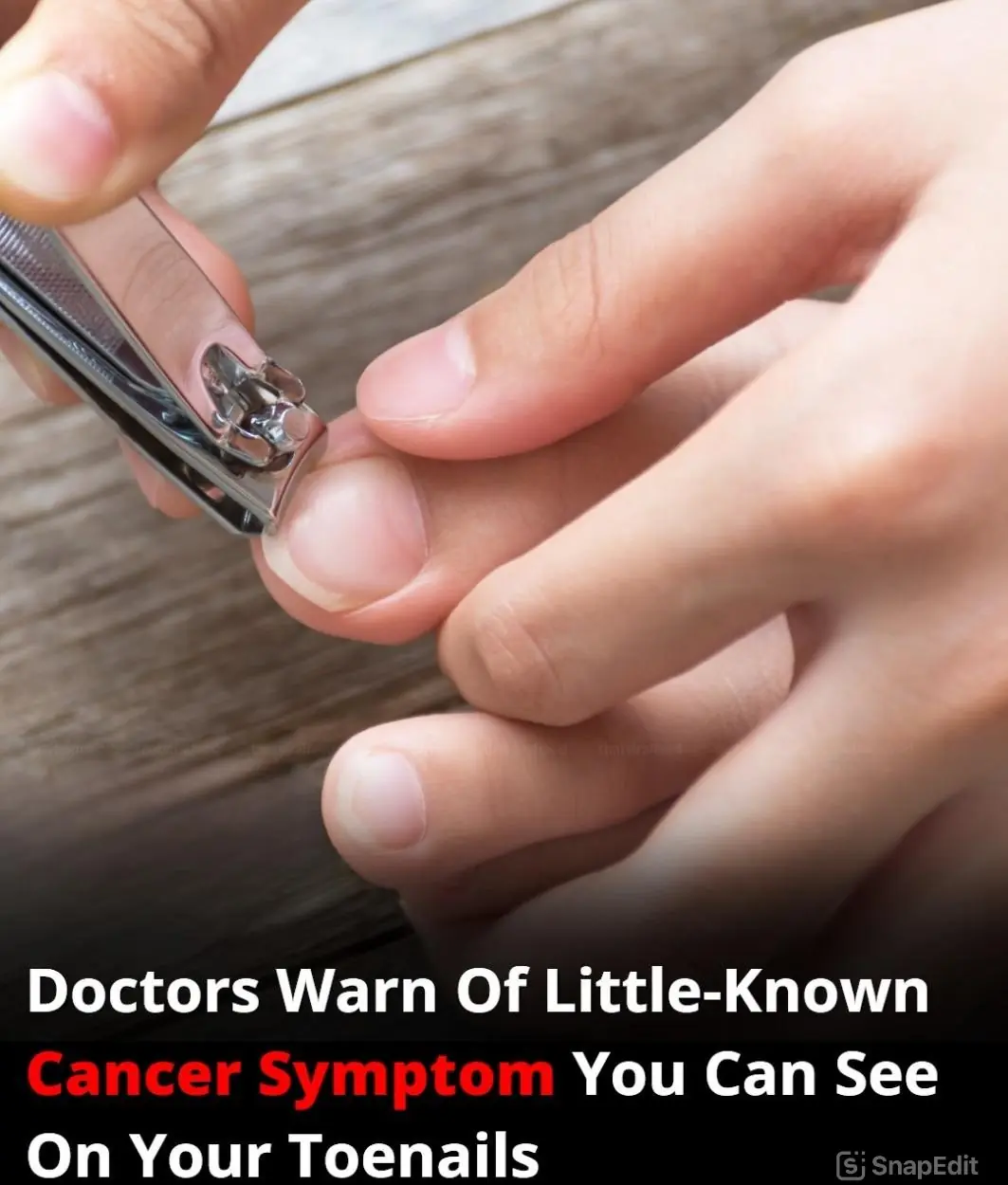
Doctors Highlight A Rare Cancer Symptom That Can Appear On Your Toenails
News Post

Diet and Uric Acid: Foods to Avoid for Gout Prevention

This Is What Happens To Your Body When You Smoke Weed And Work Out

My Husband Took His Female Colleague to My Inherited Lake House for 'Business Trips' — But He Had No Idea I’d Already Installed Cameras

MIL Billed Me $3,360 for Babysitting Her Own Grandson — Here's How I Settled the Score

I Was Forced to Pay Rent to My Future MIL Just to Stay in Her House and Keep My Relationship Alive

Our Sassy Neighbor Threw a Party in Our Backyard, Demanding We Stay at Home, but We Had the Last Laugh

The Hidden Meaning Behind Wearing an Ankle Bracelet—Most People Have No Idea
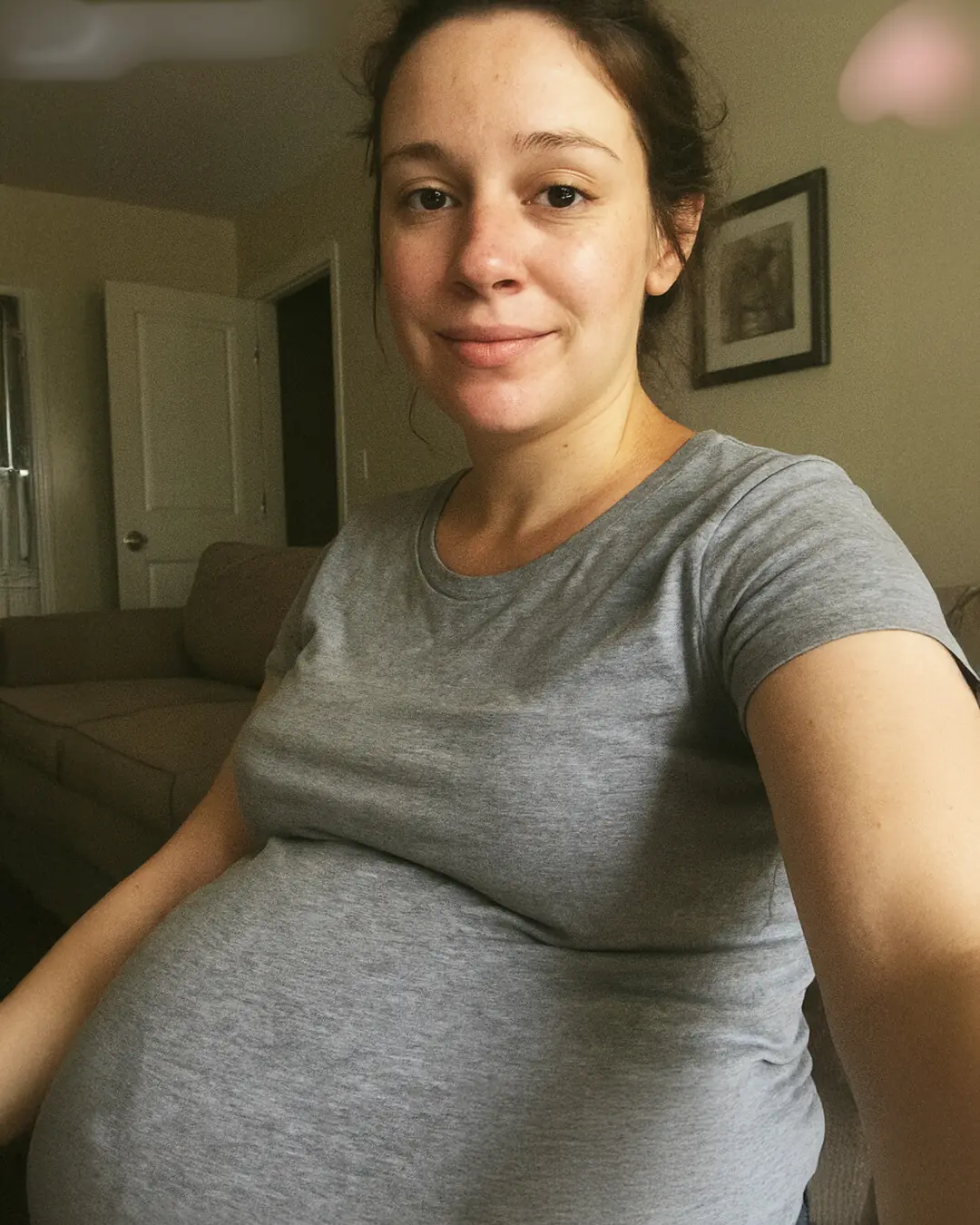
My Husband Called Me Lazy for Wanting to Quit My Job While 7 Months Pregnant – So I Taught Him a Lesson He'll Never Forget
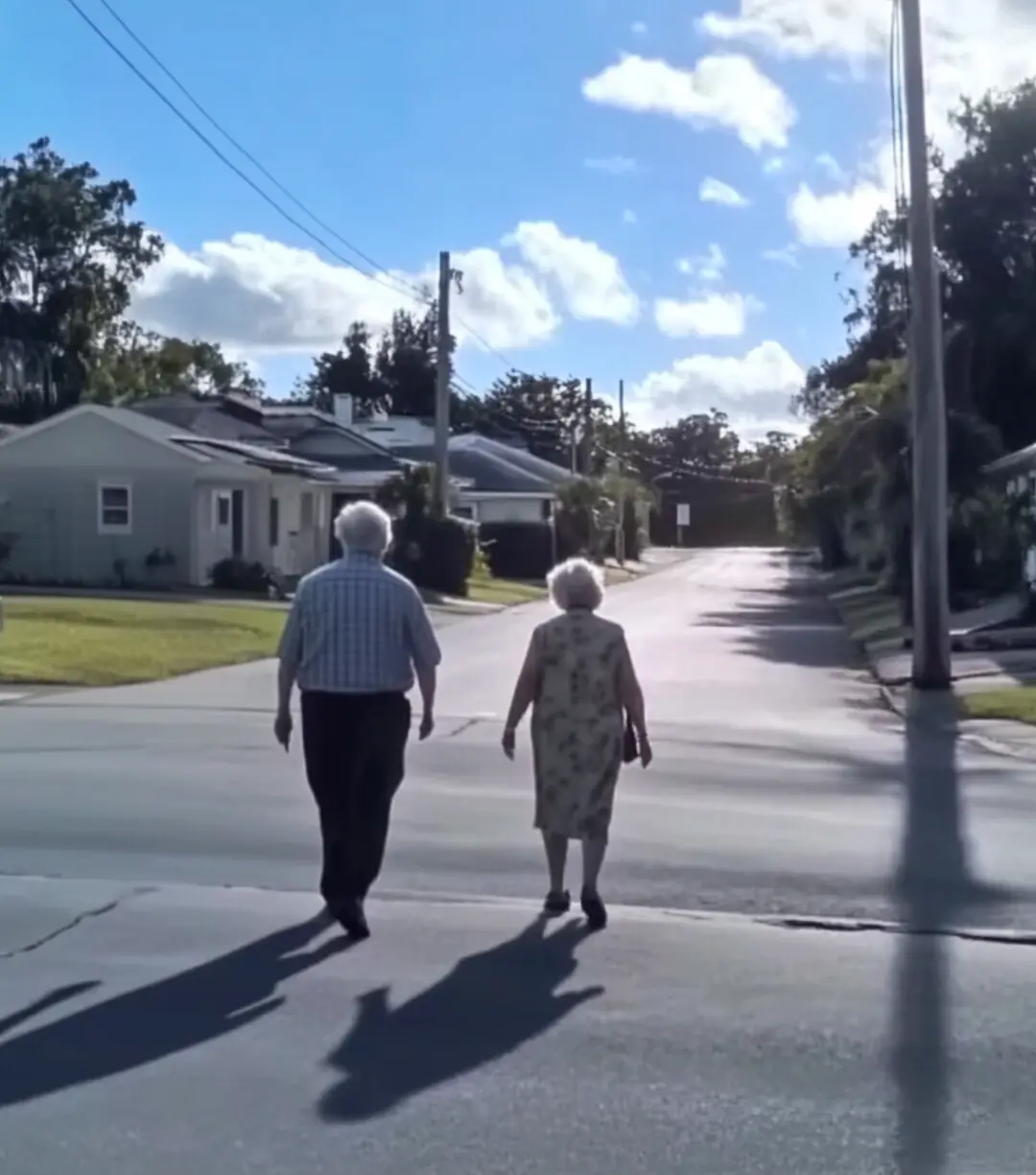
After Their Son's Death, This Elderly Couple Stopped Cooking & Spent 20 Years Sharing Meals with Neighbors — Until One Neighbor's Rejection Broke Their Hearts

Husband Gifted Me a Mop on Our 10th Anniversary as His Sister Laughed – Moments Later, Karma Restored My Faith in Goodness

AM I WRONG FOR BEING UPSET THAT MY 71-YEAR-OLD MOM, ELEANOR, SPENT HER MONEY ON TRAVELING INSTEAD OF HELPING ME, SOPHIA, WITH MY BILLS?

My Husband Bought First Class Tickets for Himself and His Mom Leaving Me and the Kids in Economy - My Lesson to Him Was Harsh

My MIL Thought I Was Not Beautiful Enough for Her Son, So I Entered a Beauty Contest to Win the Crown

Scientists Have Discovered An Alarming Rise in Advanced Prostate Cancer in California

How to Safely Remove Milia

Natural Methods to Destroy Bloating and Heartburn-Causing Bacteria in Your Gut

Doctor warns of the worrying symptoms that mean common disorder could actually be bowel cancer

15 Early Signs Your Body is Fighting Cancer
